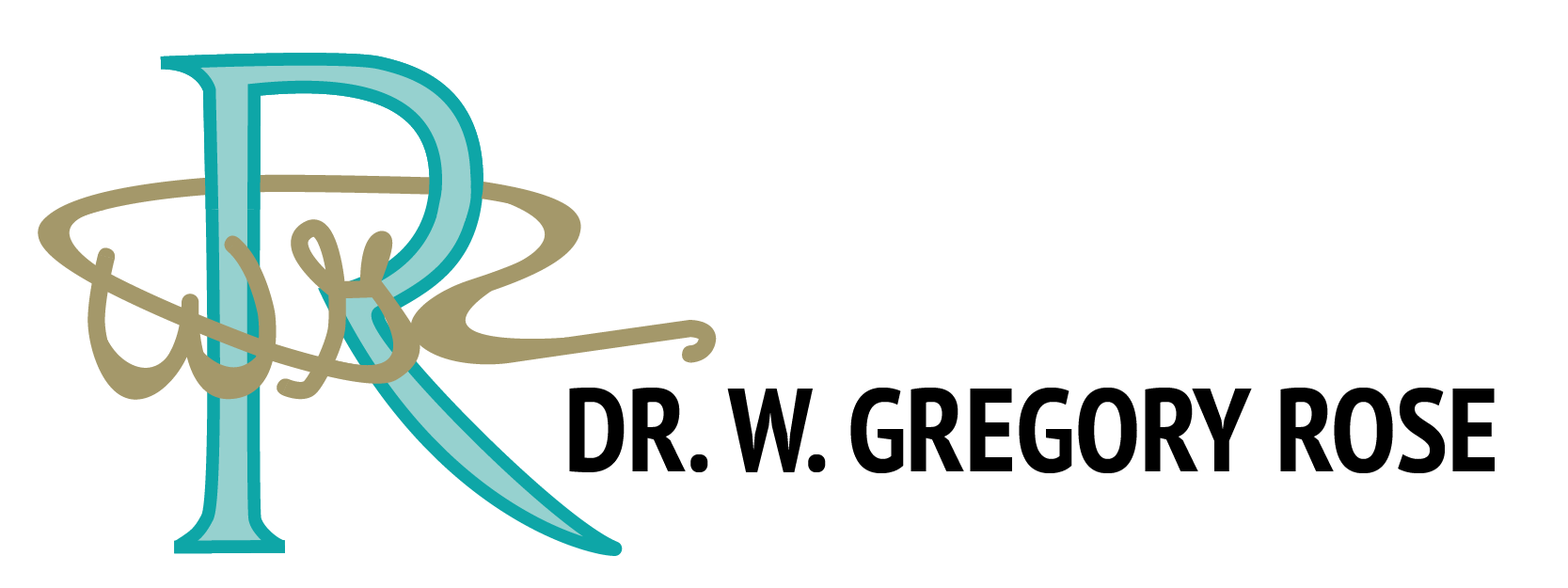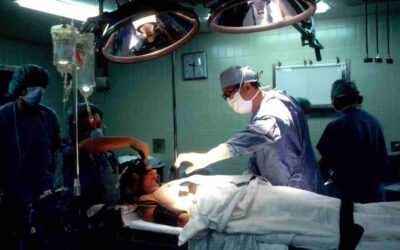Temporomandibular joint disorder, or TMJ, can be extremely painful and frustrating to deal with. In addition to the physical symptoms you may experience, there are also some emotional side effects of having this condition. That’s why it’s so important to recognize the signs of TMJ disorder, so that you can get proper treatment as soon as possible. A TMJ specialist in Albuquerque lists the five signs that your jaw may be in need of attention.
Jaw Pain:
One of the most common symptoms of TMJ disorder is jaw pain. The disorder causes misalignment of your jaw and joints, which results in pain while chewing, clenching or even talking. Nerve damage can also cause you to experience face numbness or muscle weakness on one side of your face. Jaw pain may wake you up at night, keeping you from getting a good night’s sleep and causing lethargy during your day.
Jaw Clicking:
Jaw clicking is another common symptom of TMJ. According to a TMJ specialist in Albuquerque, this tic is caused by poor bite alignment and/or malocclusion, which is basically a mismatch between teeth that don’t fit well together. If you notice your jaw making extra-loud clicks, grinds, or pops while you chew or open your mouth, you may have TMJ disorder.
Lower Facial Pain:
Most people who have TMJ experience pain or tenderness in their lower jaw. The pain may also be felt on one side of your face, near your ear. When you’re suffering from TMJ, it’s also common to feel discomfort in your neck and in various muscles around your head and face. This pain you experience is probably a result of your jaw not closing properly. This causes extreme pressure on your temporomandibular joint, resulting in irritation and inflammation.
Ear Ringing:
Not only is ear ringing a sign of TMJ disorder, but it can also be a sign of other things. Ear ringing can mean you have an infection or an allergy, and sometimes it’s a symptom of hearing loss. If you notice that your ear starts to ring on a regular basis, make sure to get it checked out by your doctor. It could just be something minor like allergies or an ear infection, but there’s always a chance you would need TMJ treatment in Albuquerque.
Dizziness:
Dizziness usually happens when you open or close your mouth or chew. The problem might be temporary, or it might be a sign that there’s something wrong with your jaw joint. The condition will affect people differently, so talk to your dentist about your situation and try to find out how can you minimize any discomfort you have.
If you have any of these symptoms, you may have TMJ disorder and should talk to your dentist or doctor as soon as possible. Make sure to choose a good TMJ dentist in Albuquerque in your area to ensure quality treatment.



